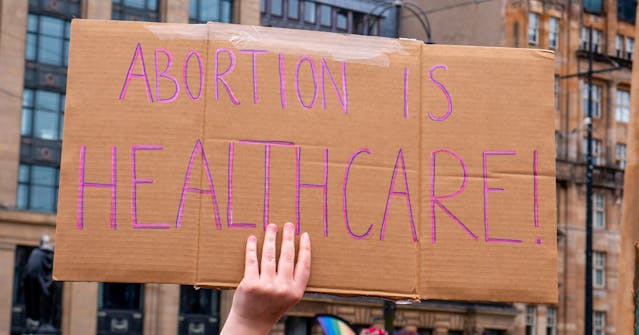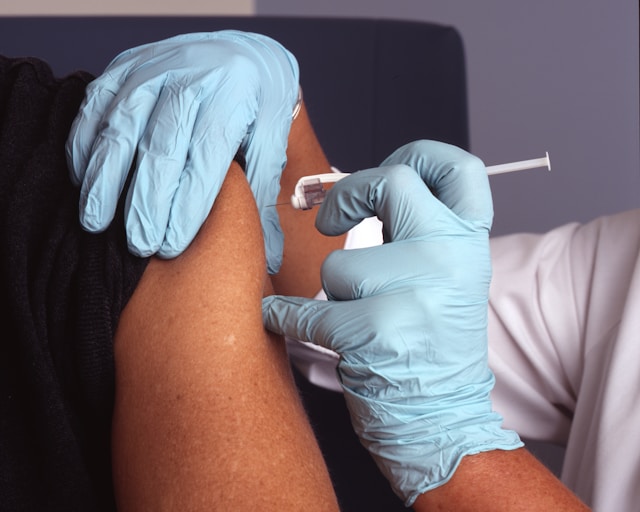
By Michael Ollove
By many measures, Hawaii is one of the healthiest states in the union. Yet only Mississippi has a higher rate of flu or pneumonia deaths than the Aloha State.
West Virginia, usually among the bottom dwellers in state health rankings, is in the middle of the pack for deaths related to Alzheimer’s disease.
Similarly, relatively unhealthy Arkansas has a low rate of drug overdose deaths while Connecticut, which ranks near the top in overall health, has one of the country’s highest rates of death linked to drug use.
Health disparities based on race, income and gender tend to draw more notice, but variations related to where people live are prompting public health officials to use the information to craft more-targeted policies. As the data becomes more precise, experts believe interventions to combat geographic disparities will become more effective. (Read more)








